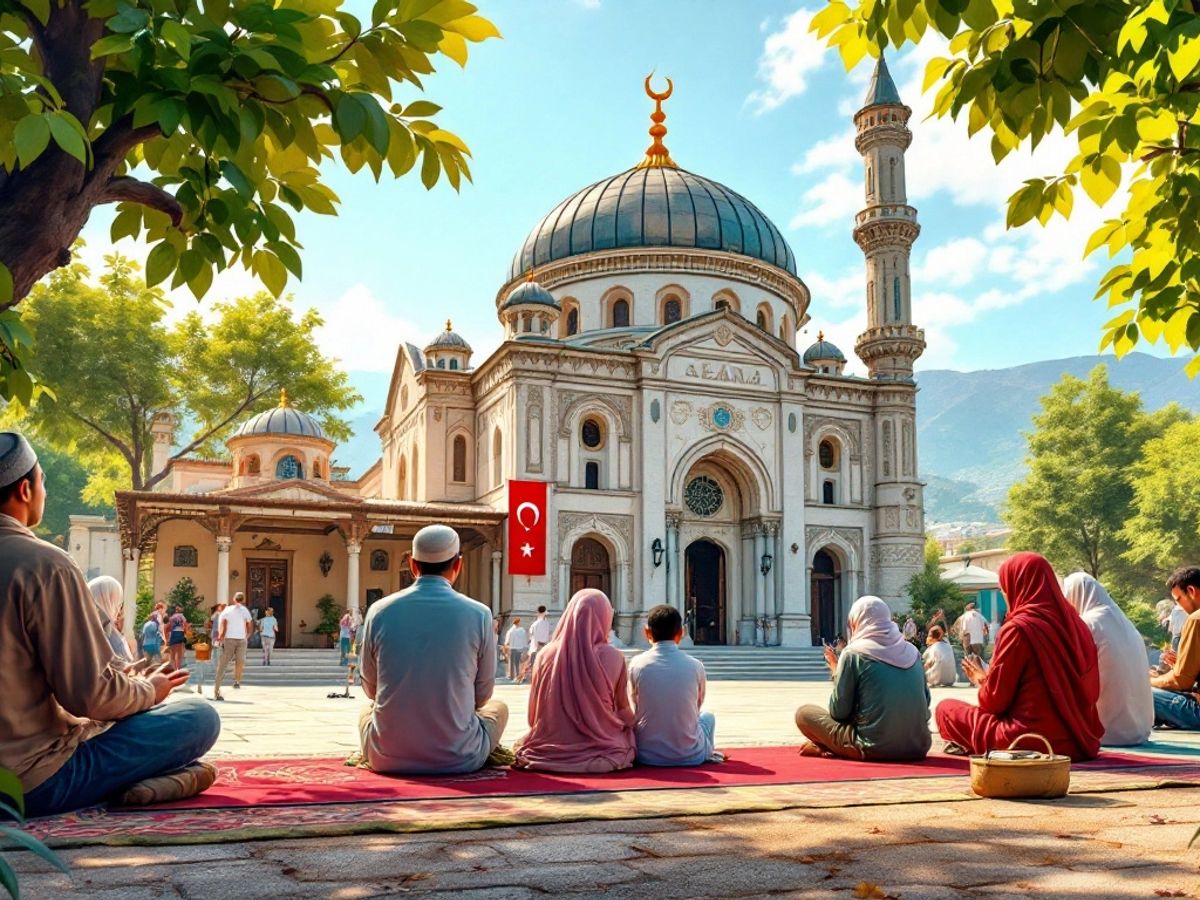Almost nine years after construction began, the Namazgja Mosque in Tirana, Albania’s largest, was inaugurated on Thursday with the attendance of Turkish President Recep Tayyip Erdogan and Albanian Prime Minister Edi Rama. This event, however, has stirred significant concern among Albania’s Muslim community, particularly regarding the implications of Erdogan’s ongoing campaign against supporters of exiled cleric Fethullah Gulen.
Key Takeaways
- The Namazgja Mosque has been closed to worshippers for nearly five years.
- Erdogan’s foreign policy is increasingly characterized by religious diplomacy.
- The mosque’s inauguration highlights divisions within Albania’s Muslim community.
Background of the Mosque
The Namazgja Mosque, a significant architectural project, symbolizes Turkey’s growing influence in the Balkans. Its construction began nearly a decade ago, but it has faced delays and controversies, primarily due to political tensions surrounding Erdogan’s administration.
The Political Context
Erdogan’s government has been engaged in a long-standing conflict with Gulen supporters, whom they accuse of orchestrating a failed coup in 2016. This conflict has spilled over into Albania, where the Muslim community is divided between those who support Erdogan and those who align with Gulen’s teachings.
Community Reactions
The inauguration of the mosque has elicited mixed reactions:
- Supporters of Erdogan view the mosque as a symbol of unity and a strengthening of ties between Turkey and Albania.
- Critics express concern that the mosque represents a tool for political influence, potentially exacerbating divisions among Muslims in Albania.
Implications for Albanian Muslims
The mosque’s opening raises questions about the future of religious unity in Albania. The ongoing tensions between different factions within the Muslim community could lead to:
- Increased polarization among worshippers.
- Potential conflicts over mosque leadership and management.
- A challenge to the secular nature of Albanian society.
Conclusion
As the Namazgja Mosque opens its doors, the implications of Erdogan’s mosque diplomacy remain to be seen. While it may serve as a physical symbol of Turkish-Albanian relations, the underlying tensions within the Muslim community could pose significant challenges moving forward. The event underscores the delicate balance between faith and politics in a region still grappling with its historical complexities.






